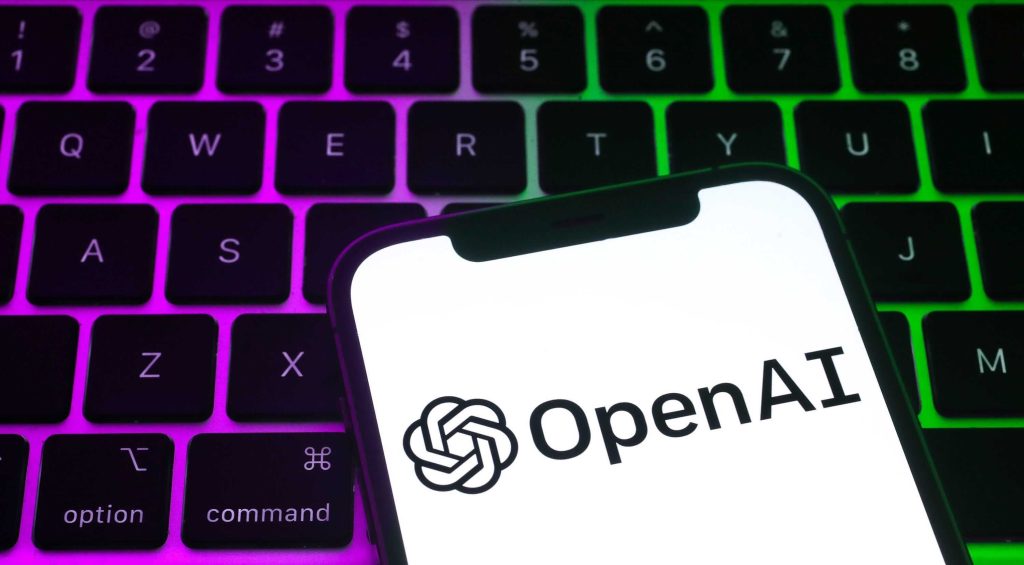OpenAI publicly rejected Robinhood’s decision to offer tokenized versions of its private company shares to European users. The company clarified the so-called “OpenAI tokens” aren’t genuine equity.
Photo By – Imagn Images.
OpenAI publicly rebuffed Robinhood’s decision to offer tokenized versions of its private company shares to European users.
The company clarified these so-called “OpenAI tokens” aren’t genuine equity.
Key takeaways
Robinhood recently introduced tokens that emulate stock trading of public companies, including OpenAI and SpaceX.
OpenAI announced on X the tokens aren’t the company’s equity and didn’t partner with Robinhood.
Robinhood also introduced EU tokens that let international investors trade tokenized U.S. stock.
In a statement posted to X last week, the ChatGPT creator stated it has no affiliation with Robinhood’s release of the tokens and didn’t authorize any such offering. OpenAI emphasized it must approve any transfer of its equity and warned the public to be cautious.
These “OpenAI tokens” are not OpenAI equity. We did not partner with Robinhood, were not involved in this, and do not endorse it. Any transfer of OpenAI equity requires our approval—we did not approve any transfer.
Please be careful.
— OpenAI Newsroom (@OpenAINewsroom) July 2, 2025
Robinhood recently introduced a new line of features aimed at expanding its cryptocurrency ecosystem, including stock tokens that simulate exposure to high-profile public and private U.S. companies. Among the firms it named were OpenAI and SpaceX.
The trading platform is promoting these tokens as a way for European retail investors to gain indirect access to private markets through a special purpose vehicle where Robinhood holds an interest. While Robinhood acknowledged the tokens aren’t technically shares, it said they “effectively” offer exposure to private assets.
“To cap off our recent crypto event, we announced a limited stock token giveaway on OpenAI and SpaceX to eligible European customers. These tokens give retail investors indirect exposure to private markets, opening up access, and are enabled by Robinhood’s ownership stake in a special purpose vehicle,” a Robinhood spokesperson said in a statement.
Robinhood’s stock token rollout targets EU retail investors
OpenAI’s backlash came in response to Robinhood’s broader announcement last week, unveiling a new offering of more than 200 tokenized U.S. stocks and ETFs to European Union customers. The tokens include major companies like Apple, Nvidia, and Microsoft. They can be traded commission-free, five days a week, at any hour.
Robinhood also plans to introduce tokens tied to private firms, beginning with OpenAI and SpaceX, despite the lack of consent from the companies themselves.
Robinhood executives shared the new initiative during a keynote presentation in France, highlighting the company’s growing ambition in global markets. Trading these tokenized assets is supported through a partnership with blockchain platform Arbitrum.
The move aligns with increasing European demand for easier access to U.S. stocks, especially in the technology and AI sectors. Tokenized assets are seen as a way to alleviate some of the access barriers international investors face, though questions remain about their legal classification.
While such products aren’t permitted in the U.S., they’re gaining popularity in other markets. Robinhood plans to expand its offering to thousands of stock tokens by year’s end and aims to build its own blockchain to eventually support 24/7 trading.
Robinhood stock surges, retreats following token launch
Robinhood shares surged to a record high on July 2 following the announcement, briefly touching the $100 mark and closing at approximately $98, up 6% for the day. The stock climbed over 35% in the past month, spurred by optimism surrounding its new stock token products and continued strength in the AI-driven equities space.
The rally was also notable given S&P Global chose not to add Robinhood to its flagship index, despite market expectations. However, momentum proved capricious. By early afternoon on July 3, Robinhood shares slipped to $94.40 as traders began to lock in profits ahead of the extended U.S. holiday weekend.

